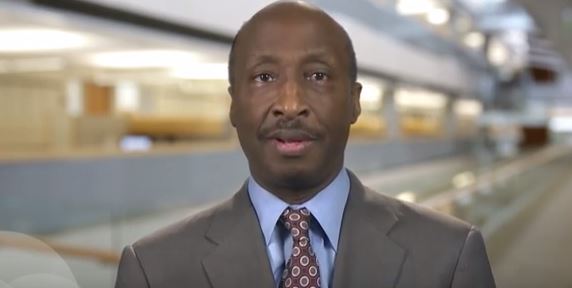Frazier to stay on as Merck CEO, as company axes retirement policy

Merck & Co’s CEO Ken Frazier has received the strongest possible backing from the company’s board, after it was announced the pharma company has rescinded a mandatory retirement age policy to allow him to stay on.
The New Jersey-based pharma is enjoying one of the biggest success stories in the industry as it rakes in the cash from cancer immunotherapy blockbuster Keytruda (pembrolizumab).
In a statement the company said Frazier has agreed to remain in his position beyond December 2019 when he turns 65.
Merck’s lead director Leslie Brun said: “CEO succession has been our top priority, and removing the mandatory retirement policy enables the Board to make the best decision concerning the timing of that transition.
“Ken’s unwavering dedication over the years to Merck’s mission of delivering innovative medicines and vaccines has helped drive value for shareholders and patients. We look forward to Ken’s continuing leadership and the impact it will have.”

Frazier is credited with overseeing the fast development of Keytruda, which Merck & Co inherited through its acquisition of Schering-Plough.
Originally developed by biotech Organon, a biotech Schering-Plough bought in 2007, Keytruda was a low priority until 2010 when Merck noted that Bristol-Myers Squibb was developing a checkpoint inhibitor that showed promise in melanoma.
Frazier re-hired Roger Perlmutter as head of Merck Research Laboratories to lead development of Keytruda in 2013 – Perlmutter had held a senior role at the unit but quit in 2001 for a job at Amgen when he did not get promoted to president.
Merck & Co was also innovative in the way it got Keytruda approved by the FDA – it was one of the first drugs to be granted a Breakthrough Therapy designation by the regulator, allowing for a faster review and more feedback from officials to make the clinical trial process more efficient.
Frazier’s reputation at the company came from his background as its legal representative in many cases involving the painkilling drug Vioxx (rofecoxib).
As the company’s general counsel, Frazier led the defence against the litigation faced by the company after it withdrew it from the market because of increased risk of heart attack and stroke associated with long-term, high-dose use.













